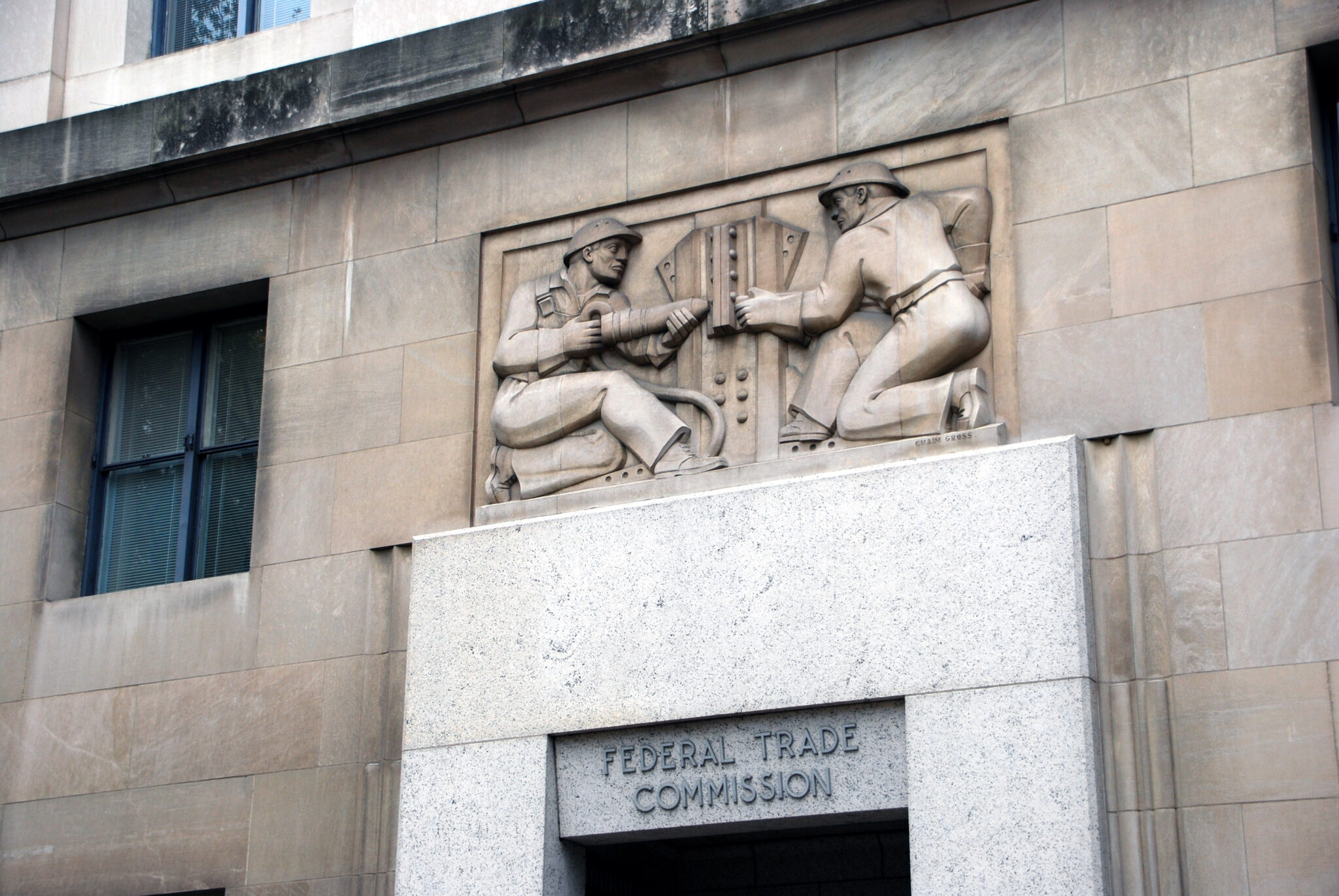Luke Hinrichs is a student at Harvard Law School.
In today’s news and commentaries, Texas federal judge grants preliminary injunction halting ban on noncompetes; Department of Labor releases proposed rule to protect workers from extreme heat; and unionized Food 4 Less grocery workers vote to ratify new three-year labor contract with the Los Angeles-based grocer.
On July 3, 2024, Judge Ada Brown of the Northern District of Texas, ruled in favor of the U.S. Chamber of Commerce and a Texas tax firm, issuing a preliminary injunction of the Federal Trade Commission’s (FTC) rule banning noncompete agreements. The lawsuit was filed just hours after the FTC voted 3-2 to issue the nationwide ban. The temporary injunction halts the ban that was set to take effect September 4 until the court rules on the merits of the case on or before August 30, 2024. Judge Brown, appointed by President Trump in 2019, enjoined the rule for lack of statutory authority and on arbitrary and capricious grounds. Rejecting a nationwide injunction and refusing to extend the injunction to the Chamber of Commerce’s associational members for lack of standing, Judge Brown’s ruling only provides relief to the named plaintiffs in the matter. Notably, although the matter did not turn on the application of the recently decided Loper Bright holding, Judge Brown’s ruling cited the decision for the general proposition that “[t]he deference that Chevron requires of courts reviewing agency action cannot be squared with the APA.”
The Biden Administration’s Department of Labor officially released their proposed new rule to address excessive heat risks in the workplace on Tuesday, July 2, 2024. If finalized, the proposed role is estimated to protect roughly 36 million workers in indoor and outdoor work settings, such as farmworkers, delivery and construction workers, and workers in warehouses and factories. Under the Occupational Safety and Health Administration’s (OSHA) proposed rule, employers would be required to identify heat hazards, develop emergency response plans, and establish rest breaks, provide shade and water, and heat acclimatization. The rule establishes an initial heat trigger at a heat index of 80°F and a high heat trigger at a heat index of 90°F or a wet bulb globe temperature equal to the National Institute for Occupational Safety and Health’s recommended limit. The proposal increases penalties for heat-related workplace violations.
On Wednesday, July 3, 2024, the United Food and Commercial Workers (UFCW) announced that the unionized workers of Food 4 Less voted to ratify a new three-year labor contract after the workers had previously authorized a strike if labor talks had failed. The new agreement covers 6,000 low-wage grocery workers across 15 Food 4 Less stores in the Los Angeles area. Food 4 less is a subsidiary of the major grocery company, The Kroger Company. The ratified labor contract includes wage increase for all workers, increased starting wage rates, more guaranteed hours for part-time workers, a reduction in the hour threshold to receive the top pay rate, additional premiums for select positions, and bonuses for all workers. Support for the new contract is not uniform across workers, with some reports noting discontent among union members.






Daily News & Commentary
Start your day with our roundup of the latest labor developments. See all
February 26
Workplace AI regulations proposed in Michigan; en banc D.C. Circuit hears oral argument in CFPB case; white police officers sue Philadelphia over DEI policy.
February 25
OSHA workplace inspections significantly drop in 2025; the Court denies a petition for certiorari to review a Minnesota law banning mandatory anti-union meetings at work; and the Court declines two petitions to determine whether Air Force service members should receive backpay as a result of religious challenges to the now-revoked COVID-19 vaccine mandate.
February 24
In today’s news and commentary, the NLRB uses the Obama-era Browning-Ferris standard, a fired National Park ranger sues the Department of Interior and the National Park Service, the NLRB closes out Amazon’s labor dispute on Staten Island, and OIRA signals changes to the Biden-era independent contractor rule. The NLRB ruled that Browning-Ferris Industries jointly employed […]
February 23
In today’s news and commentary, the Trump administration proposes a rule limiting employment authorization for asylum seekers and Matt Bruenig introduces a new LLM tool analyzing employer rules under Stericycle. Law360 reports that the Trump administration proposed a rule on Friday that would change the employment authorization process for asylum seekers. Under the proposed rule, […]
February 22
A petition for certiorari in Bivens v. Zep, New York nurses end their historic six-week-strike, and Professor Block argues for just cause protections in New York City.
February 20
An analysis of the Board's decisions since regaining a quorum; 5th Circuit dissent criticizes Wright Line, Thryv.